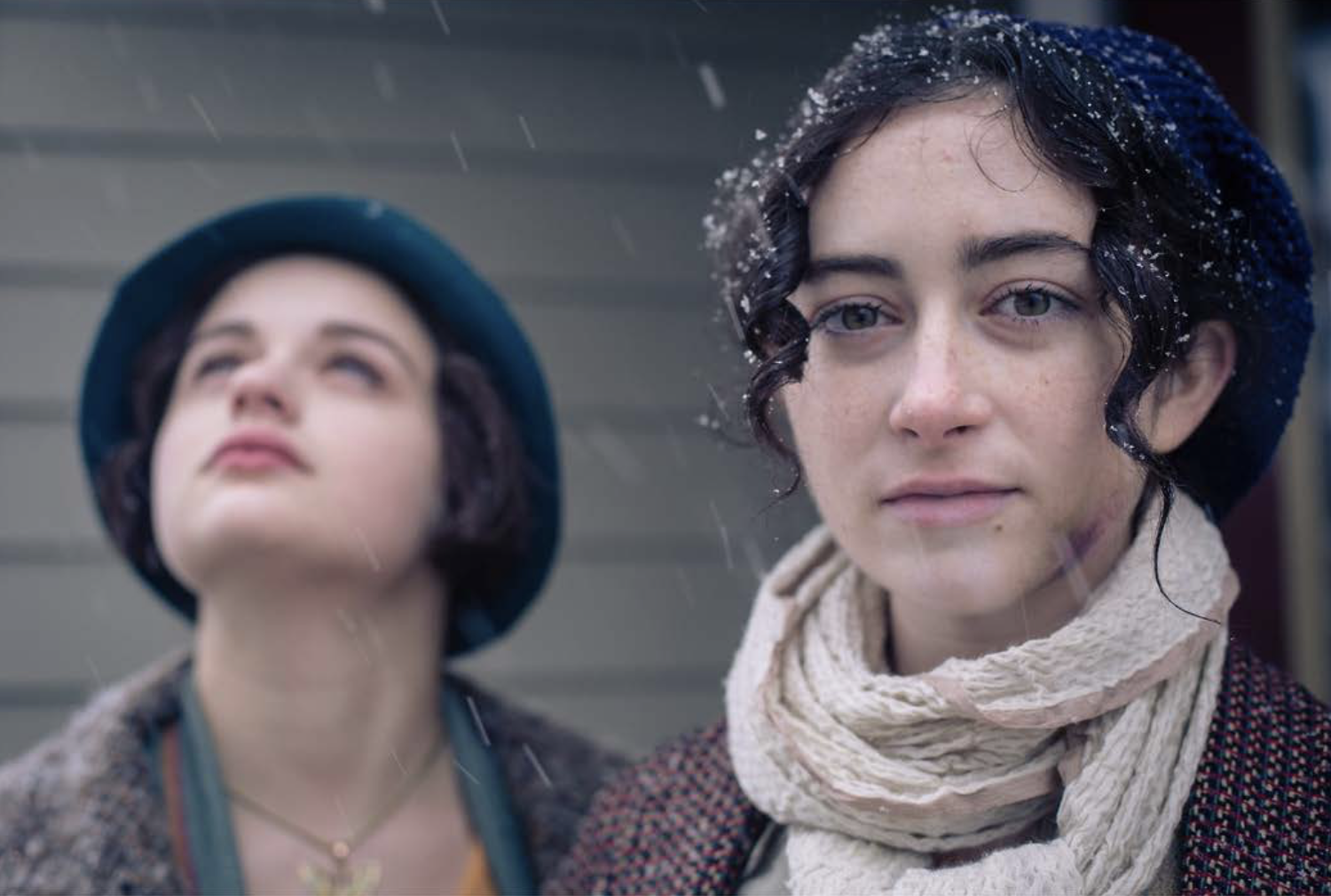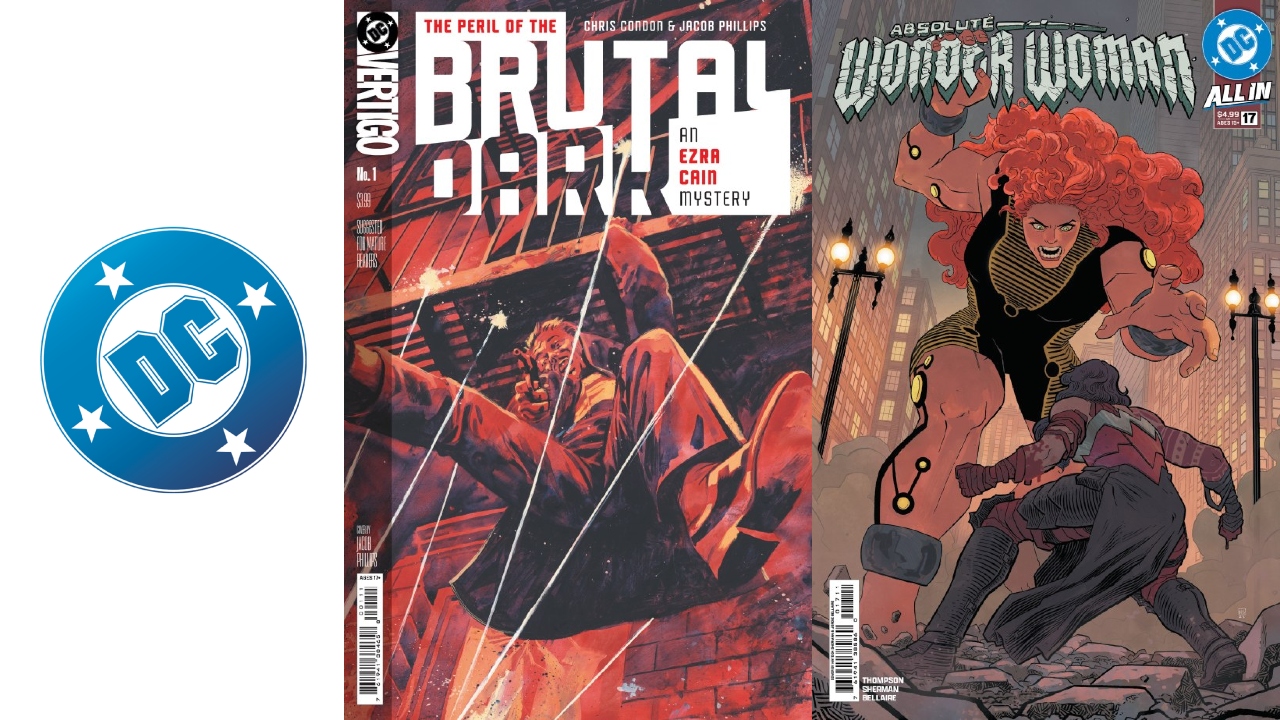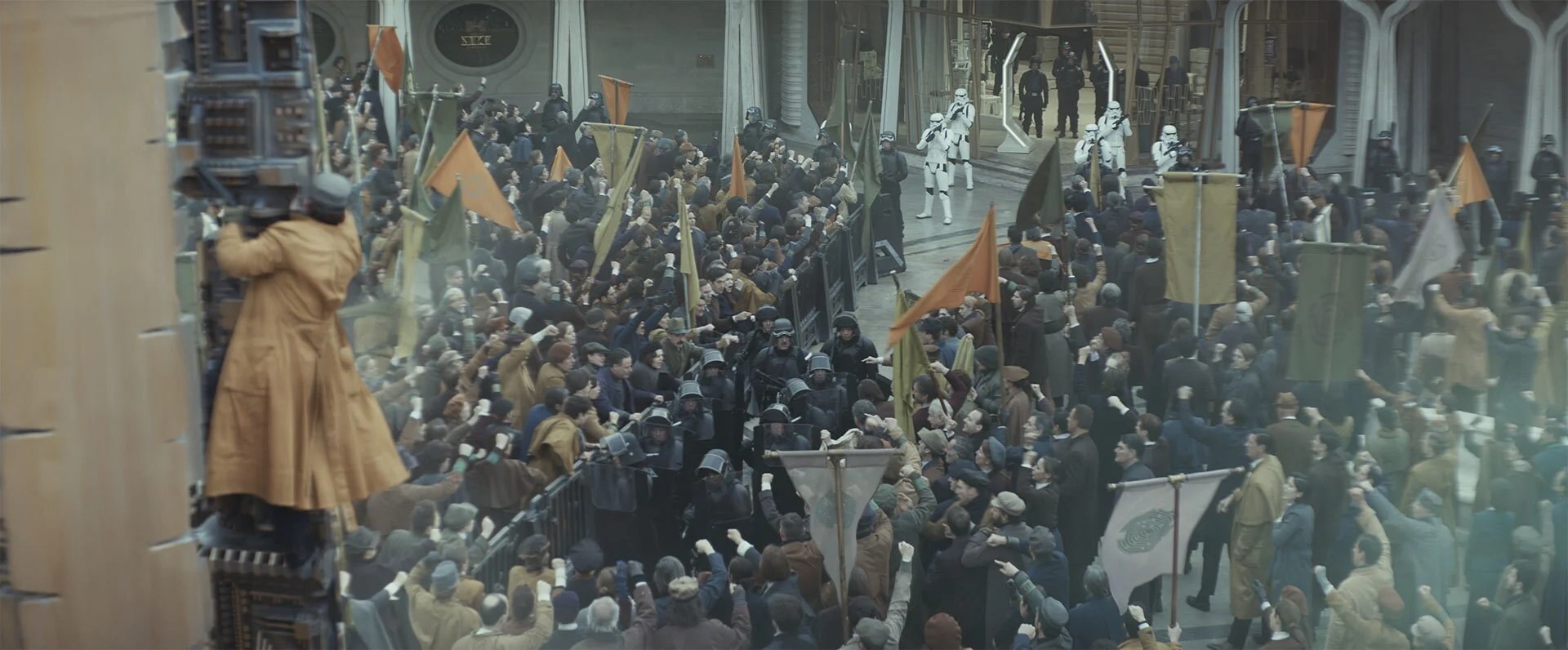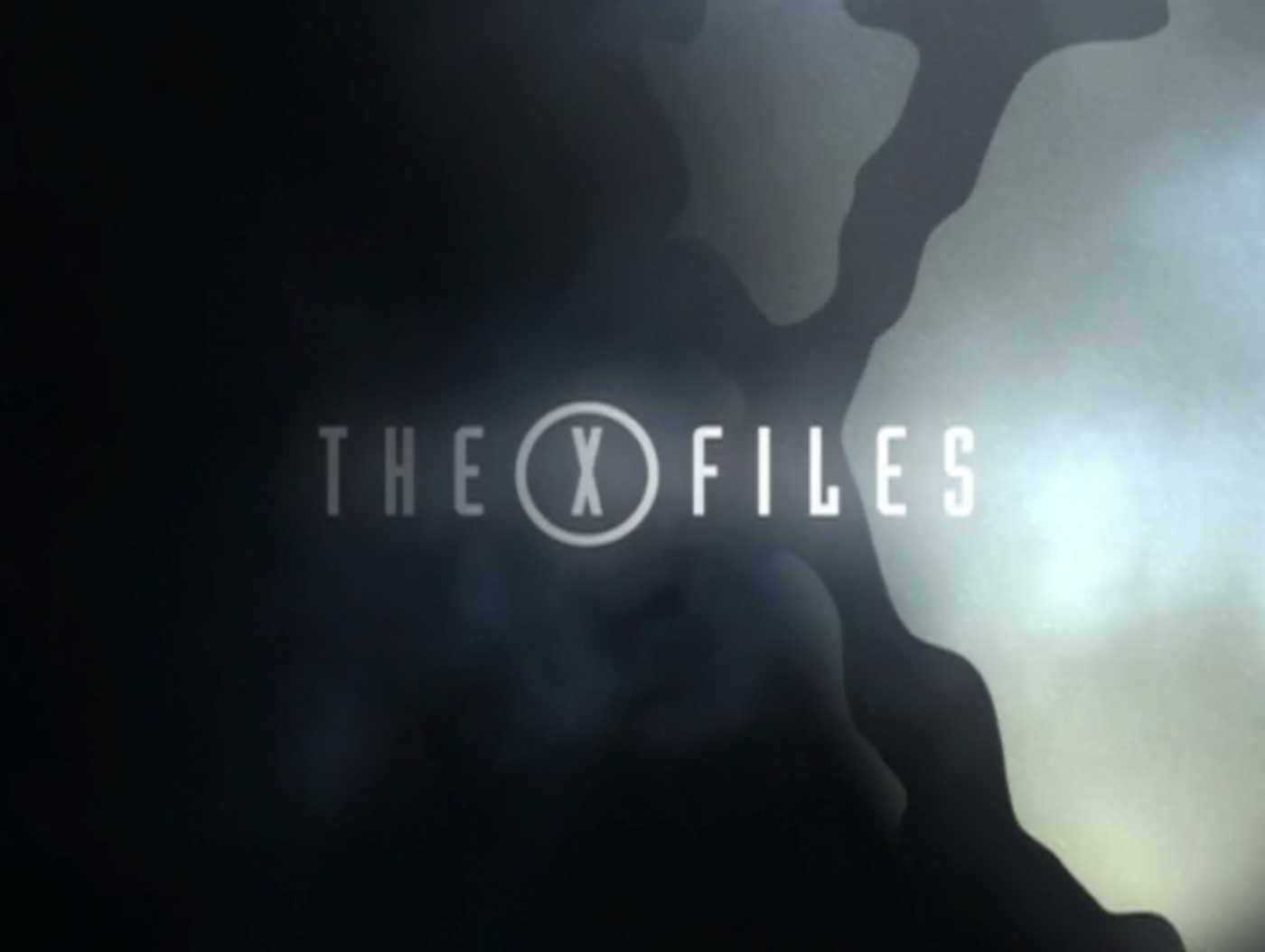Based on true events of the 1920’s, Radium Girls stars Emmy and Golden Globe nominee Joey King and Abby Quinn as Bessie and Jo Cavallo. The teen sisters dream of Hollywood and Egyptian pyramids as they paint glow-in-the-dark watch dials at the American Radium factory in New Jersey. When Jo loses a tooth, Bessie’s world is turned upside down as a mystery slowly unravels.
Radium Girls marks the feature directorial debuts of Emmy-winning and Academy-Award nominated producer Lydia Dean Pilcher and filmmaker Ginny Mohler, who co-wrote the award-winning original screenplay for Radium Girls with Brittany Shaw.
I had the opportunity to speak with Lydia Dean Pilcherwhy. She shared why she chose this story and what impact it had on her.
Nancy Tapia: Let’s talk about something that you can lecture us on. About the history of, Radium Girls. I got a chance to just speak to Ginny Mohler and gave me a little more story about the film with you as a director. One of my favorite parts of watching were the black and white video clips. How did that come about? Is that original footage or was it created today?
Lydia Dean Pilcher: Well, most of the archival footage that you see in the film is historically authentic recorded from the time. Ginny and the other writer, Brittany Shaw were working as archival researchers for the history channel and they were working on different films that were requiring archival footage. Did Ginny tell you that that’s how she came across the story?
Nancy Tapia: Yes, she did.
Lydia Dean Pilcher: Yeah. We’ve really benefited from, not just the discovery of the Radium Girls story, but I think because Brittany and Ginny were so immersed in what the entire world looked like during our specific period. They were really able to amplify that kind of world-building setting of the time that the Radium Girls lived in. Because we were an independent film and working on a very modest level, it was interesting to be able to actually use real archival footage, but we wanted to create it into our narrative. So we created this character Etta (Susan Heyward) who comes from Tulsa, Oklahoma. Her family’s photography store was burned down in the race riots and she comes to the East coast and is involved with other political activists and also sort of picks up on the radium girls’ story.
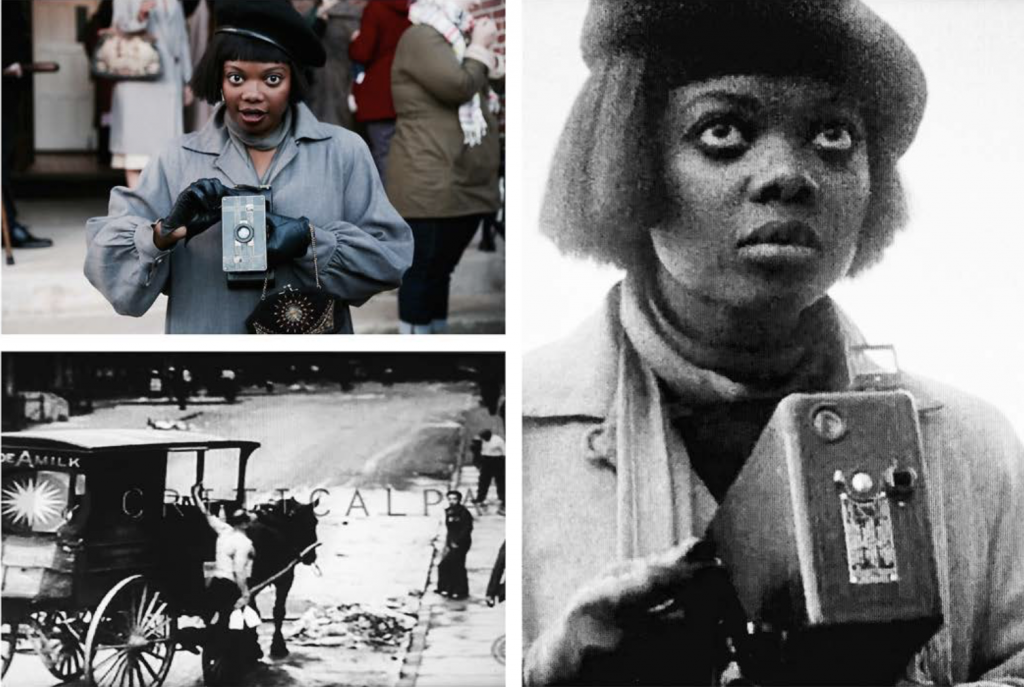
Also Related: Director Mohler Talks About The Importance To Remember The Radium Girls [Exclusive Interview]
So it’s a way of trying journalism, photography and documenting our history through the eyes of Etta’s lens. One of the ways we did to weave that more organically into the story was to put some of our actors. We shot with black and white film on a Bolex 16mm camera. We were able to kind of intercut it with some of the archives so it starts to make you feel like, “Oh, our characters” It was all one world. Our characters are in this world of history and the world of the story that we’re telling.
Nancy Tapia: That was one of my favorite parts. I loved how you integrated that because it makes you feel more like at the time of the twenties. So very appreciated.
Lydia Dean Pilcher: Yeah, I’m glad you liked that.
Nancy Tapia: So what locations did you film in? Was it in Jersey?
Lydia Dean Pilcher: Well, we filmed upstate New York and both in Lake George and Glens Falls, New York. I had been a mentor on a writer’s retreat for New York Women in Film. The retreat was beautiful. I didn’t even know until we got up there and we all sort of piled off the bus. We were standing in front of the spectacular Victorian mansion that was on the river bank. It was a holiday house that has been gifted to the factory women workers in Glens Falls at the garment factory. Even today, it is still a retreat for women. So immediately, I was like, “Oh, we have found the place.” It was amazing. New York state has a very strong tax credit for filmmaking. So we were really happy to sort of bring all those things together to center our story there.
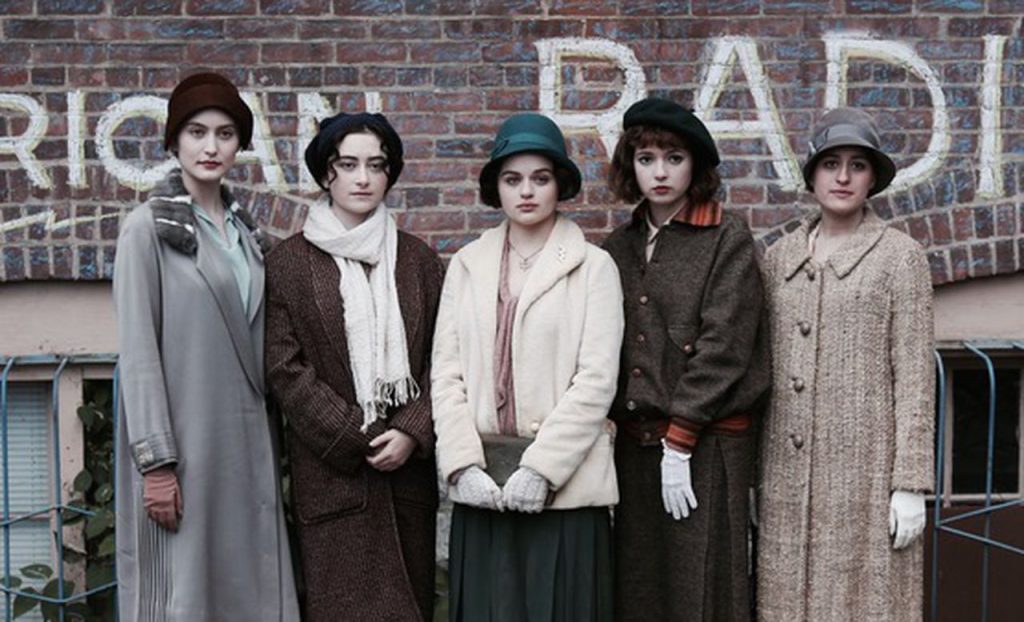
Nancy Tapia: One of the power characters was Bessie played by Joey King. How did you know she was the one for that role?
Lydia Dean Pilcher: Well, we used a lot of original research for the creation of the story. Ginny had found some diaries written by one of the Radium Girls. She sounded like the Bessie that is created in the script. She had a great imagination. She had sort of a dynamic energy and it had this sort of joie de vivre that really felt like Joey was the one to tell the story. She also has this wonderful deep, sort of, almost a period quality to her for her whole presence. So it’s a little bit different from some of the material she had been done with all of her success with The Kissing Booth and even for deep dramatic forays. And The Act, which she was nominated for a Golden Globe. But she was terrific. The chemistry between Joey and Abby Quinn, who plays Jo, is fantastic. They are sisters. You feel the bonds but you also just feel the dynamism between the two of them from their different points of view, but how much aligned they are in life.
Nancy Tapia: You also had Colby Minifie as Doris. Every time her character spoke I imagined the pain. I felt for her. She’s is also very well known for The Boys. You had a great cast.
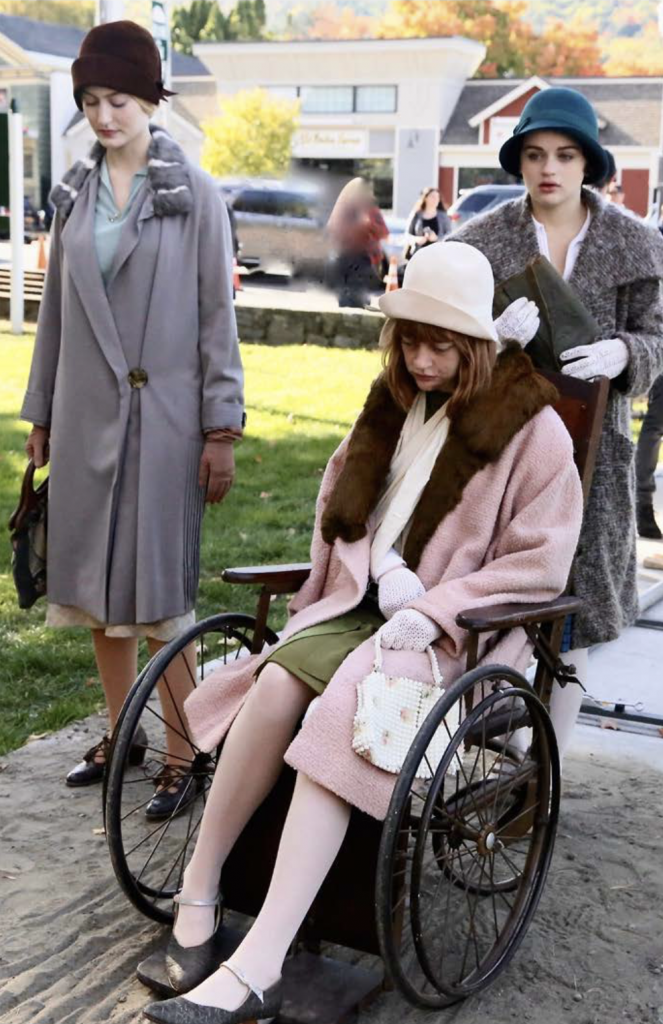
Lydia Dean Pilcher: Yeah. Colby is terrific. Colby is terrific, and her character represented one of the factory workers who was a little further along in the radiant disease and you were able to see. Radium really did affect people in all different kinds of ways. But obviously the deterioration of your bones and particularly the area of the jawbone where women were pointing with the brushes. It was easily entering the dental cavities and the levels of infection were higher in that part of the body. But we’re able to kind of see what was advancing and happening even as she was kind of ahead of the curve of where we were seeing what was happening with Jo.
Also Related: Malin Akerman Talks About Being A Part Of A Very Vegas ‘Friendsgiving’ [Exclusive Interview]
Nancy Tapia: When it comes to handling all these different scenes, which one would you think was one of the most challenging?
Lydia Dean Pilcher: I don’t know if Ginny and I would pick the same scene. For me, the scene about the settlement because we have to understand that even though there was a settlement there was an organic way how it came to be. For Bessie, who was in the center of it, while it was a celebration for some of the women, for Bessie it doesn’t feel that way. Jo becomes sort of the center who brings Bessie around to understanding that. Katherine Wiley who says, “I’ll tell you something I learned a long time ago. It never ends. The struggle continues. You have to keep fighting.” We learn in retrospect that the Radium Girls have had a huge impact on industrial regulation. Scientists and the EPA have conveyed to me that they still use the Radium Girls cases today in fighting for toxic chemical regulations. But in that moment for Bessie, it didn’t feel like a win, but there was something happening that probably she could only understand later. That was a really tough scene to do, but I feel good about where we landed.
Nancy Tapia: I didn’t expect that to happen. I didn’t expect that scene, to be honest. After being on trial and everything. I felt the same as Bessie, like, “Wow, we’re giving in”, that type of feel.
Lydia Dean Pilcher: Yeah. I think that it’s one of the things about history because there is an ending that you got to go back and look at. With the Radium Girls, I think when you think about what that story could be as a movie, you think, “Oh, who really is going to want to go watch a film about teenage girls getting poisoned then dying?” But in fact, when you peel back the layers of the story and you understand how their story became a national story, it really was on the shoulders of other women who had just gotten the right to vote, were very involved in industrial health because there was no regulation at the time. And they really lifted the radium girls story up to what it has become and still continues to be. So that’s the victory. That’s the real win.
That really is why we want to tell the story. Hopefully young women and anyone today could take some inspiration from positive results that do happen when you stand up.
Nancy Tapia: Right. Well, thank you so much, Lydia, for your time and discussing Radium Girls. It’s going to be out on October 23rd. I’m sure a lot of women are going to be excited to watch a film representing women in history.
Lydia Dean Pilcher: Well, thank you. Thank you for supporting us.
Radium Girls is out in select Theaters and Virtual Cinemas today!
Source: LRM Online Exclusive
 FOR FANBOYS, BY FANBOYS
Have you checked out LRM Online’s official podcasts and videos on The Genreverse Podcast Network? Available on YouTube and all your favorite podcast apps, This multimedia empire includes The Daily CoG, Breaking Geek Radio: The Podcast, GeekScholars Movie News, Anime-Versal Review Podcast, and our Star Wars dedicated podcast The Cantina. Check it out by listening on all your favorite podcast apps, or watching on YouTube!
Subscribe on: Apple Podcasts | Spotify | SoundCloud | Stitcher | Google Play
FOR FANBOYS, BY FANBOYS
Have you checked out LRM Online’s official podcasts and videos on The Genreverse Podcast Network? Available on YouTube and all your favorite podcast apps, This multimedia empire includes The Daily CoG, Breaking Geek Radio: The Podcast, GeekScholars Movie News, Anime-Versal Review Podcast, and our Star Wars dedicated podcast The Cantina. Check it out by listening on all your favorite podcast apps, or watching on YouTube!
Subscribe on: Apple Podcasts | Spotify | SoundCloud | Stitcher | Google Play

